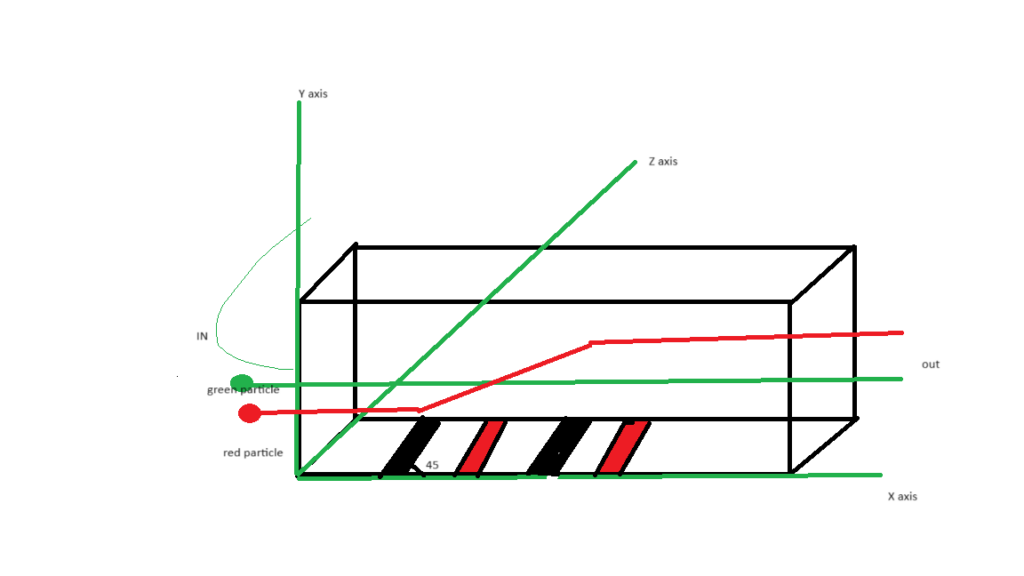Java Programming Tutoring for Engineering and IT Students

Java Tutoring has stood the test of time. From its inception in the 1990s to its current role in powering mission-critical systems across industries, Java remains a dominant force in the software development landscape. For engineering and IT students, proficiency in Java is more than a resume booster — it’s a foundational skill that opens doors to technical innovation and industry leadership.
This article explores the enduring relevance of Java Tutoring, the transformative role of personalized tutoring, and how WiredWhite is reshaping the tutoring space with a student-first approach. Drawing from both industry trends and educational challenges, we illustrate how aspiring developers can fast-track their success through focused mentorship.
Java’s Enduring Significance in 2025
In an age where trends evolve rapidly, Java’s resilience speaks volumes. Its stronghold in enterprise systems, mobile apps, and cloud architectures makes it a top-tier skill for any technical career.

Built for Scale and Stability
Java’s object-oriented paradigm and runtime reliability make it a preferred choice for applications that must scale — from university research simulations to real-time logistics platforms. Engineering students working on everything from robotics to simulation systems will find Java’s architecture especially useful.
An Expansive and Mature Ecosystem
Java’s strength lies in its ecosystem. With robust libraries, tools, and community support, Java integrates seamlessly into modern workflows, offering a competitive edge to students bridging multiple disciplines like hardware and software.
Highly Valued by Employers
Fortune 500 companies and startups alike continue to rely on Java for backend development, embedded systems, and more. Mastering Java provides not just a job-ready skill but also long-term career stability.
Java Learning Challenges
Despite Java’s popularity, learning the language can present considerable hurdles — especially for engineering and IT students balancing heavy academic loads.
Steep Initial Learning Curve
Java’s syntax, while clean and structured, can be overwhelming for beginners who haven’t yet developed computational thinking. Concepts like classes, inheritance, and interfaces are abstract, and students often struggle to see how they interconnect.
Abstract Concepts and Memory Management
Unlike some scripting languages, Java emphasizes memory management, object references, and garbage collection. While this leads to efficient applications, it can also confuse students unfamiliar with how data is stored and manipulated.
Multithreading and Concurrency
Java is renowned for its concurrency support — but these topics are notoriously complex. Even advanced students can get stuck when handling synchronization, thread pools, or race conditions without proper guidance.
Debugging Complex Code
Java projects often involve multiple classes and packages. As the architecture grows, so does the complexity. Students frequently hit bottlenecks when trying to debug applications or trace exceptions across large codebases.
Limited Feedback in Traditional Classrooms
Lecture-based teaching rarely provides instant feedback. Students complete assignments without knowing where they went wrong, leading to stagnation and frustration. Without timely support, many fall behind.
Application to Real Projects
Knowing Java syntax isn’t the same as building a working application. Students often find it difficult to transition from academic examples to real-world use cases, such as building an Android app or a RESTful backend.
This is where structured tutoring comes in — not just to explain theory, but to make the abstract tangible, the complex digestible, and the intimidating approachable.
Why Personalized Java Tutoring Accelerates Success
While university curricula provide essential exposure, self-paced learning often falls short. Personalized tutoring fills this gap, offering clarity and confidence in a world where programming proficiency is both expected and elusive.
Customized Learning
Tutors tailor lessons to individual learning styles and academic goals. Whether a student is grappling with core concepts or exploring concurrency and multithreading, one-on-one sessions offer unmatched adaptability.

Real-Time Problem Solving
Tutoring replaces passive learning with active engagement. Students can code live, explore bugs, and collaborate on projects — developing not only knowledge but also critical thinking skills essential for professional growth.
Java Tutoring Practical Project Support
Hands-on experience is the ultimate teacher. Tutors often guide students through capstone projects, enabling them to build real-world applications and cultivate a developer mindset early on.
Confidence in Complexity
Learning Java can be daunting. Tutors provide a supportive environment for students to ask questions, iterate without fear, and build confidence — a vital asset in any engineering career.
WiredWhite: Java Tutoring Reinvented for Technical Learners
WiredWhite understands the unique demands of engineering and IT students. Our platform is designed to deliver more than just instruction — it provides mentorship with purpose.
Complimentary 15-Minute Consultation
Understanding that the right start is crucial, WiredWhite offers a free discovery call to assess student needs and ensure tutor compatibility.
Insightful Tutor Profiles
Each tutor’s profile includes credentials, specializations, and reviews — offering transparency and empowering students to choose educators who align with their ambitions.
Fair and Transparent Pricing
No hidden costs. Students see exactly what they’re paying for, allowing them to plan their educational journey with confidence.
Safety and Trust
WiredWhite’s platform includes fraud protection, giving students peace of mind while focusing on academic progress.
A Curriculum Designed for Engineers
Tutors come with industry knowledge — not just academic theory. They contextualize lessons within real-world frameworks like automation, robotics, and control systems.
What You’ll Learn
WiredWhite’s tutoring spans a vast range of Java topics:
- Core syntax and object-oriented design
- File handling and exception management
- Data structures and algorithms
- GUI and multithreaded programming
- Database integration and Spring Boot development
- Test-driven development and debugging strategies
This isn’t about memorizing code — it’s about mastering tools that shape modern technology.
Common Use Cases
The First-Year Student
A beginner overwhelmed by syntax and theory gains clarity through guided sessions and practical exercises.
The Final-Year Project Developer
Under tight deadlines, students turn to tutors for debugging help and architectural guidance.
The Job Seeker
Tutors help refine portfolios, conduct mock interviews, and explain advanced topics like JVM optimization and garbage collection.
The Self-Motivated Builder
Students with personal projects benefit from feedback, optimization strategies, and best practices.
Choosing the Right Tutor
When selecting a tutor, students should prioritize:
- Technical depth
- Teaching style
- Industry relevance
- Clear communication
WiredWhite ensures every tutor meets these standards.
Best Practices for Effective Tutoring
- Come prepared with code and questions
- Be honest about your understanding
- Keep notes for future reference
- Practice between sessions to reinforce learning
Conclusion
Java Tutoring remains a gateway to high-impact, high-demand careers. But learning it well requires more than just coursework or tutorials. Personalized tutoring equips students with the technical, strategic, and emotional tools to thrive.













Responses